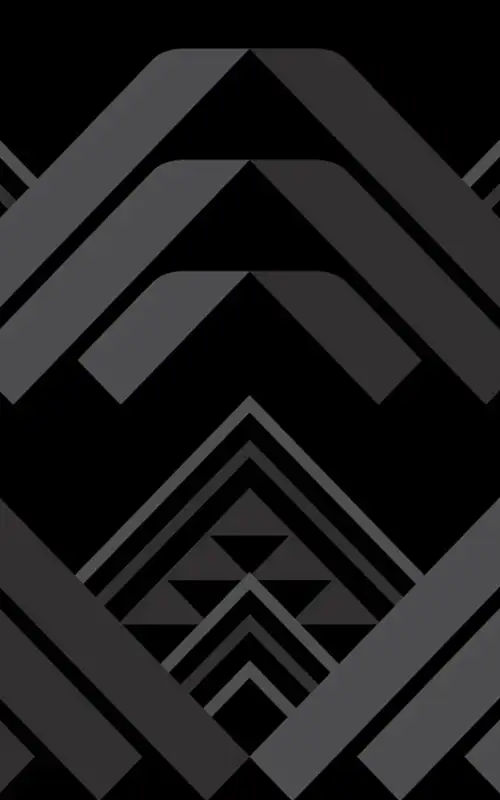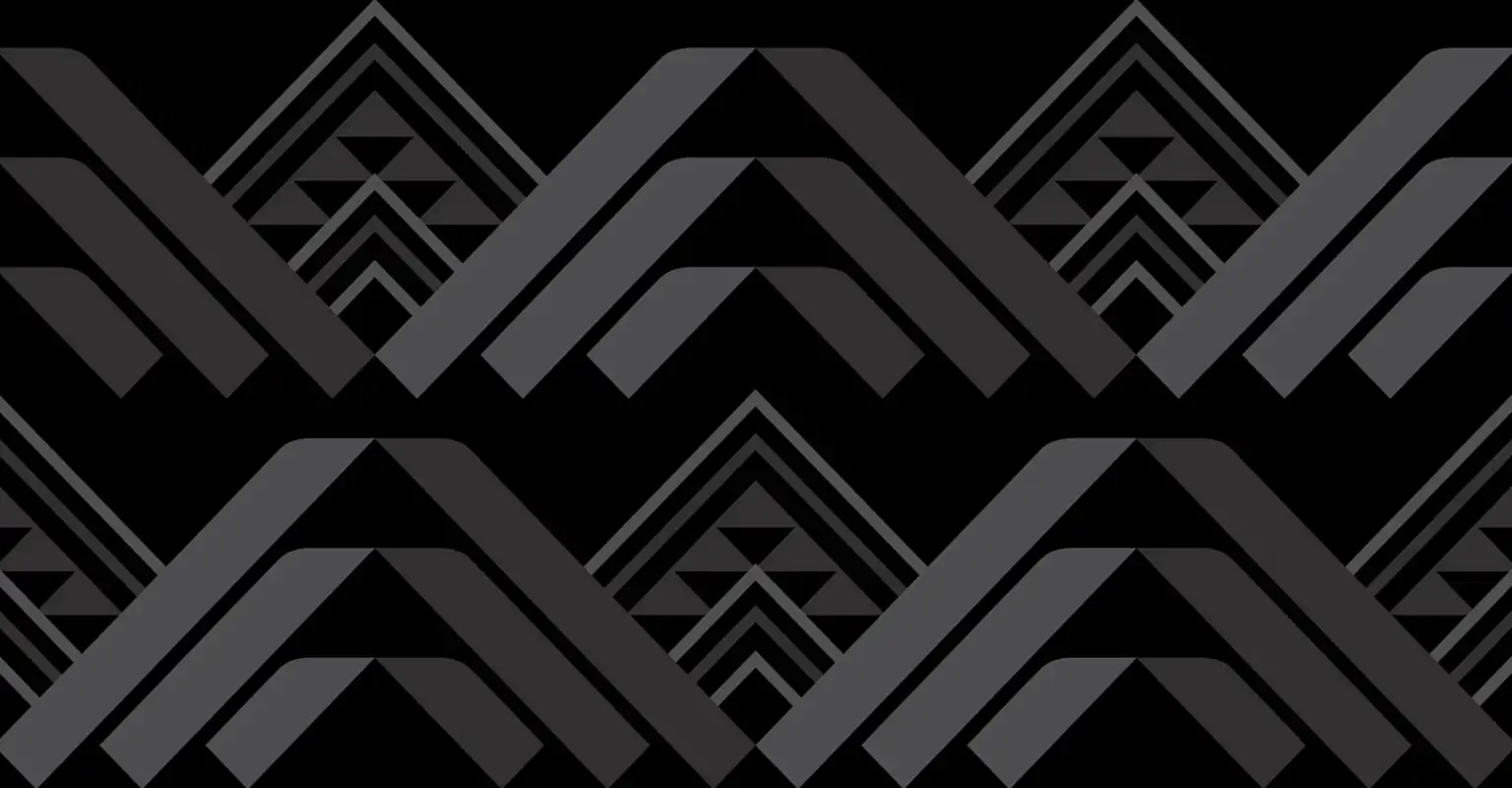Your borrowing options
If you’ve got a big purchase coming up take a look at your budget and see if you can cover it with your savings. If that's not possible then consider your borrowing options. Before you take on any debt though, think carefully about how much you’re borrowing and if you’ll be able to comfortably make your repayments.
Budget and save
Take a look at your budget and see if there are places you could cut back on spending and start saving to reduce the amount you borrow. Building up an emergency fund can help you cope with unexpected bills or big purchases, without having to dip into debt. Every little bit helps when it comes to saving, so even if it's just a few dollars a week, see if you can start putting regular savings aside. Setting up a separate savings account can help, as it keeps your nest egg separate from your everyday account.
Consider a credit card
Depending on how much you’re looking to spend and how quickly you think you could pay it off, a Zero Visa credit card could be a good option for making a big purchase. If you’re more interested in getting rewards than paying low interest, then take a look at our Air New Zealand Airpoints™ credit cards.
Compare interest rates and fees on our credit cards to see which one might suit you. Whatever card you choose, you need to be able to pay at least the minimum repayments each month, otherwise you’ll face extra interest and charges. At Kiwibank the minimum monthly repayment is calculated as either 5% of your closing balance or $10, whichever is greater.
A home loan top-up
Want to renovate your home, spruce up your kitchen, do some landscaping or go green with solar panels? You might be able to pay for it by topping up your existing Kiwibank Home Loan. A top-up means that you borrow money and add it to your existing home loan.
You may also be able to use a top-up to pay for a big purchase or to pay off existing debts that may be at a higher interest rate such as credit cards, personal loans and hire purchases.
The amount you could borrow will depend on how much of your home loan you’ve already paid off, the current value of your home, how much you can afford in repayments and what the top-up is for.
Take a look at an overdraft
If you need a bit of flexibility, take a look at an overdraft. An overdraft can be accessed through your everyday account and have an agreed limit that you can spend up to whenever you need to. You only pay interest on the money you use, so if you've arranged an overdraft limit of $5,000 but only use $2,000 in a month, you only pay interest on $2,000.
There are no minimum monthly payments, but repaying it as quickly as you can will minimise the amount of interest you pay.
Improve your credit rating
If you’re late paying bills or have defaulted on a loan or a credit card, this is likely to show up on your credit report. If you’ve made a few money mistakes in the past, you can start to rebuild a positive financial picture by paying your bills and loans on time, or if you’ve fallen behind in payments, setting up a regular repayment plan to get back on track.
You can get a free copy of your credit report from any of New Zealand’s three credit reporting agencies: Equifax, Centrix, or Illion.
Products to consider
Have extra funds available
Having an emergency fund is a smart way to give yourself a financial backstop to help out with unexpected finances, or if things are tight between pay days. Building up an emergency fund could take some time, so if you need extra funds in the meantime you could consider borrowing. This will give you a buffer that you can dip into, up to an approved limit.
-
1Tahi
Budget and save
Create a budget and take a look at your spending and see if there’s any way you can squeeze out some savings, so that the next time you’re hit with an unexpected expense, you can dip into savings rather than slip into debt. The general rule of thumb for an emergency fund is to aim to be able to cover around three months' worth of expenses.
-
2Rua
Arrange an overdraft
An overdraft could be a handy financial backstop, to help make sure you’re not charged dishonour fees if your bank account dips into the red. If you’re approved for an overdraft, we’ll agree on an overdraft limit and you'll be able to access the overdraft through your everyday account.
-
3Toru
Consider a credit card
The Zero Visa could be a good way to deal with an unexpected expense and has no annual account fee. To pay off your balance faster, try to pay more than the minimum monthly repayments, as this will save you interest.
Products to consider
Cope with surprises
Life doesn’t always go to plan and there are times you might find yourself dealing with unexpected costs or expenses. Ideally, you'll have an emergency fund or insurance to cope with financial hiccups, but if your savings can't cope with an unwelcome surprise you could look at an overdraft or a credit card to help tide you over.
-
1Tahi
Set up an overdraft
An overdraft provides a flexible financial backstop to help you deal with unexpected expenses. Your overdraft will have an agreed overdraft limit, and you can access the overdraft through your everyday account. There are no fixed repayments and you can spend within your agreed overdraft limit.
-
2Rua
Look into credit cards
Depending on your circumstances, a Zero credit card could be a good way to deal with an unexpected expense. Kiwibank has a range of credit cards to suit different circumstances and spending habits. Whichever card you choose, make sure you can make at least the minimum monthly repayments, to avoid extra interest and charges.
-
3Toru
After you've paid off debt
Once you're back on an even keel and have paid off any debt, try to get ahead of any future financial emergencies. Put the money that was going on debt repayment into a savings account and start building up an emergency fund.
-
4Whā
Sort out your budget
If you’re financially squeezed, take a look at your spending to see if there’s anywhere you can cut back and what your regular expenses are. This will help you create a budget and work out if you can start saving.
-
5Rima
Get insured
Insurance is a good way to financially protect yourself, your loved ones and your things from life’s hiccups. We’ve got tools and calculators to help you work out what Life & Living, house, contents, and car cover you might need.
-
6Ono
Build a buffer
Work towards building an emergency fund – aim to be able to cover around three months’ worth of expenses. Consider a separate savings account that isn’t linked to your EFTPOS or debit card, and so it’s harder to dip into. Set up a direct debit or automatic payment so your savings happen automatically.
Products to consider
Manage your everyday banking
Need some help or inspiration on how to manage your everyday finances and deal with your daily purchases? We’ve got accounts, tools and calculators to help you sort out your everyday spending.
-
1Tahi
Track your spending
Keeping track of your spending and knowing where your money is going is a great way to get on top of your day-to-day finances. You can do this by going through your recent transactions on internet banking or the mobile app.
-
2Rua
Sort out your accounts
Rather than have all of your money sitting in one account, consider setting up a few accounts to cater to all of your needs. For example, one for bills, one for everyday spending and one for saving. Compare the fees, interest rates and features of the accounts we have on offer to make sure you’ve got the best options for your circumstances.
-
3Toru
Automate your banking
Set up direct debits or automatic payments so you’re never late paying a bill. Set them up to go out the day after your pay day, so you know there’ll always be enough in your account to cover them.
-
4Whā
Consider a credit card
Credit cards are a handy way to pay for everyday things, but you need to manage them well. Ideally, you’d be able to pay off your balance in full each month – that way you’ll avoid paying interest on purchases. Plus if you take one of our Airpoints credit cards you can earn rewards on your everyday spend.
-
5Rima
Set up a backstop
Ideally, you'll have saved an emergency fund, but if your savings can't cope with tough times or unexpected expenses, you could consider getting an authorised overdraft. You'll be given an overdraft and an agreed limit, which you can access through your transaction account. Minimise the amount of interest you pay on your overdraft by repaying it as quickly as you can.
Products to consider
Funding for your next holiday
Ideally, if you want to head off on holiday you'll be able to save up for it. If you’re ready to go for a rest or an adventure, but haven’t managed to save all the cash to do so, you could look at borrowing money to get you going. Just make sure if you do take on debt, you’ve got a plan to pay it back.
Start saving and budgeting
The first step is working out a realistic budget for how much your trip will cost and when you want to go. Ideally, you'll have enough time to save up for your trip so you don't have to take on any debt.
Do your research and go online to price accommodation, food and drinks, entrance tickets, airline or train tickets, petrol prices, rental car prices – anything you can think of that you’ll need to spend money on. Once you’ve done this, you’ll have a ballpark figure of what your trip is likely to cost.
If you're on a tight timeframe, and can't save what you need, then take a look at your borrowing options – but remember, your repayments won't take a holiday just because you do, so before you take on any debt, make sure you'll be able to pay it off.
Consider a credit card
If you’re looking to borrow less than $2,000, a credit card might be the answer. Compare our credit cards to find one that that best suits your circumstances.
Our Air New Zealand Airpoints Platinum Visa credit card comes with built-in overseas travel insurance. You can activate this by paying for one of the following: overseas travel tickets, one or more nights of pre-paid accommodation, a pre-paid rental car, pre-paid scheduled transport ticket or a pre-paid guided tour.
If you do get a credit card, try to make more than the minimum repayments each month, this will pay off your balance quicker and save you interest over time.
Set up an overdraft
Another option could be setting up an overdraft. An overdraft can be accessed through your transaction account and have an agreed limit that you can spend up to whenever you need to. You only pay interest on the money you use, so if you've arranged an overdraft limit of $5,000 but only use $2,000 in a month, you only pay interest on $2,000. There’s no minimum monthly payments, but repaying it as quickly as you can will minimise the amount of interest you pay.
Calculate your costs
As well as making sure you can handle the repayments, it’s also important to look at the interest rates and fees. These will vary depending on what kind of debt you’re taking on, i.e. a credit card or overdraft.
Before you go
Get in touch before you head off to let us know where and when you’re travelling. That way when overseas spending shows up on your accounts, we’ll know it’s you who’s making the transactions.
You can notify us via our mobile app, just go to Settings, click on Overseas Travel and add a trip.
Products to consider
Getting a home loan
A home loan may seem like taking on a lot of debt, but in the long term this kind of debt may set you up for life.

First home buyers guide
Make home a place you own with our guides on how to build up a deposit, low deposit help options, calculators and tips to help you get into your first home sooner.

Buying with friends & whānau
Turn the dream of owning a home into reality with Co-own. Buying a property together is another way to get on the property ladder sooner.

Talk to a specialist
Our home loan specialists can walk you through the process of buying a home and discuss what your options are.
Important information
This page provides general information and isn't intended as regulated financial advice. To review your specific situation and financial requirements please talk to one of our Kiwibank Representatives or your Financial Adviser.
Credit cards
Lending criteria, terms and conditions, and fees apply. Interest rates, fees and limits subject to change. See all credit cards terms and conditions.
Kiwibank is the issuer of the Air New Zealand Airpoints credit cards. Airpoints terms and conditions apply. See airpoints.co.nz for details.
Overdrafts
Kiwibank’s Personal Overdraft Terms and Conditions apply to all Kiwibank Overdrafts. Kiwibank’s lending criteria, terms and conditions, and fees apply.
Home loan standard terms and conditions
Displayed interest rates are subject to change. Kiwibank’s lending criteria, terms and conditions, and fees apply.
Co-own: Maximum four people per application. Offset home loan may not be available. Excludes business banking.


